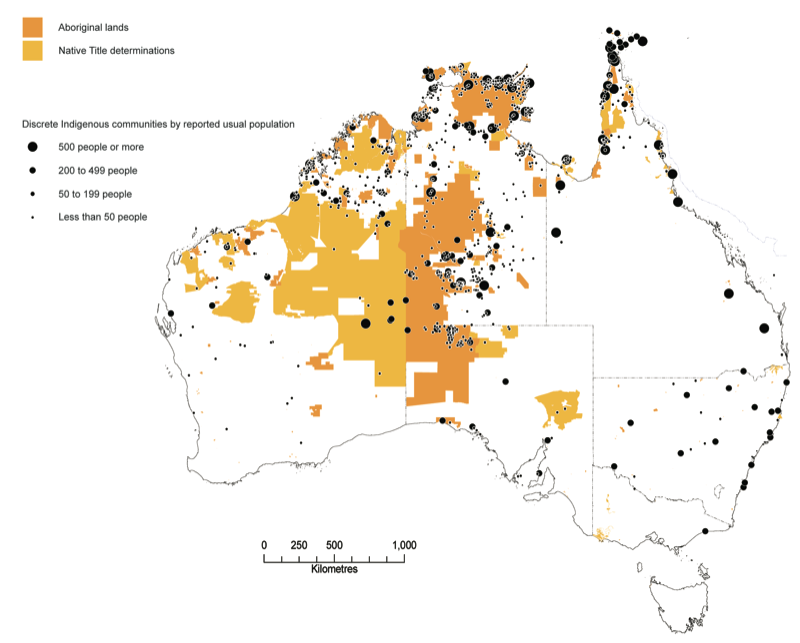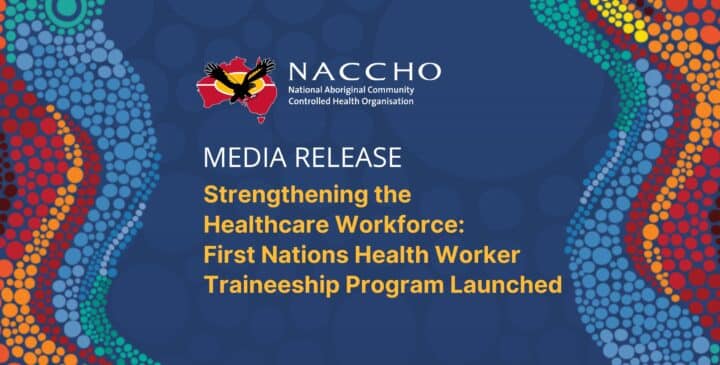
Remote mental health training a good investment in Aboriginal lives
“Young Aboriginal and Torres Strait Islander people take their own lives at a rate five times that of other Australians,”
“This is devastating Aboriginal communities and we must do everything in our power to try to save these young lives.
“If we can train up young people and others in our communities to recognise and react to the warning signs in their peers, there is a good chance we can support those who are suffering before they reach the point of no return.
“This is a good initiative which empowers communities to be part of the solution.
Matthew Cooke NACCHO Chair
The peak Aboriginal health organisation today welcomed the Federal government investment in Aboriginal Mental Health First Aid training for Aboriginal people in targeted remote communities.
National Aboriginal Community Controlled Health Organisation (NACCHO) Chairperson Matthew Cooke said the funded Aboriginal Mental Health First Aid training for CDP jobseekers and RSAS officers would help save lives.
He called for the initiative to be extended nationally to others on the frontline of suicide prevention and mental health.
“It makes sense to start with targeted training in remote areas where mental health issues are at crisis point and suicide rates are highest.
“However it would be beneficial for similar programs to be offered to more people in those communities most at risk – such as families, elders and clinicians and then rolled out to other urban and regional areas where we also see a high prevalence of poor mental health in the Aboriginal population.
“Aboriginal Community Controlled Health Services are the obvious conduits to roll out the training and engage with those in the local communities they serve.
“Of course this initiative must also be part of a broader strategy which seeks to tackle the systemic causes of suicide and mental health in young people.
“A community-led, evidence based approach needs to be implemented to turn the statistics around and protect the social and emotional well being of our young people,” he said.


